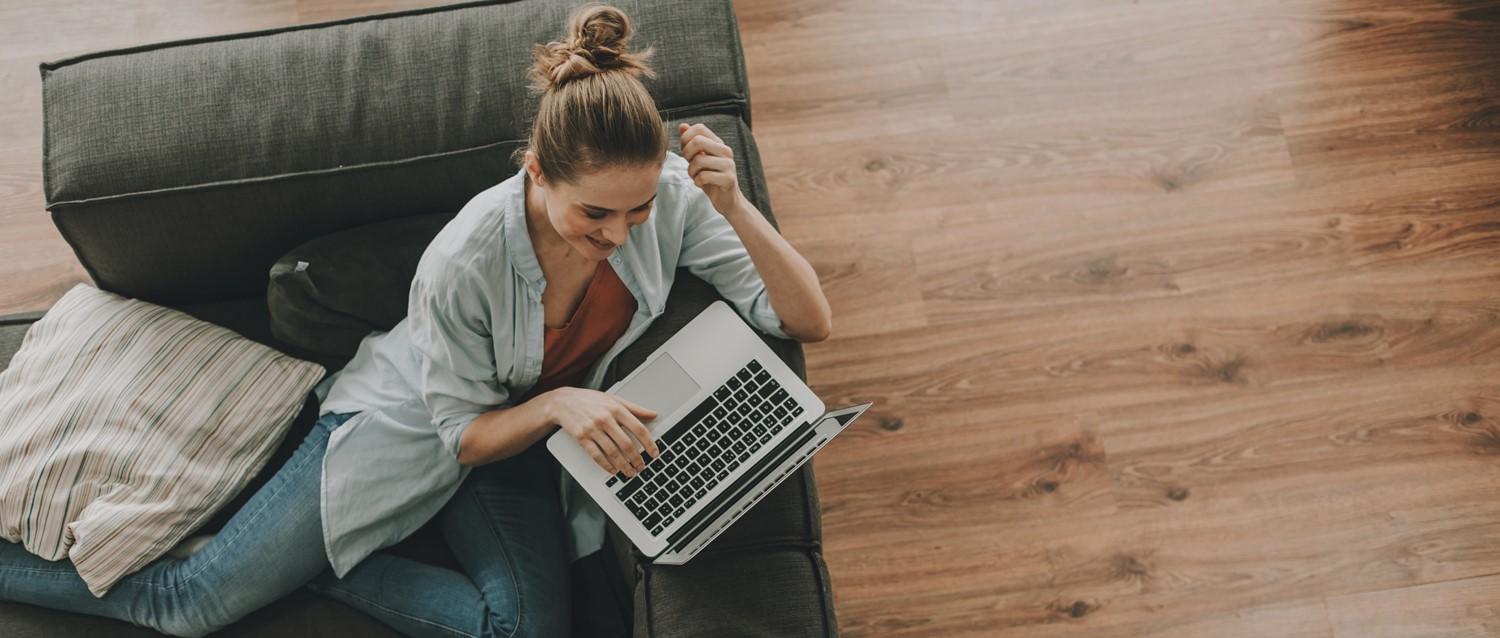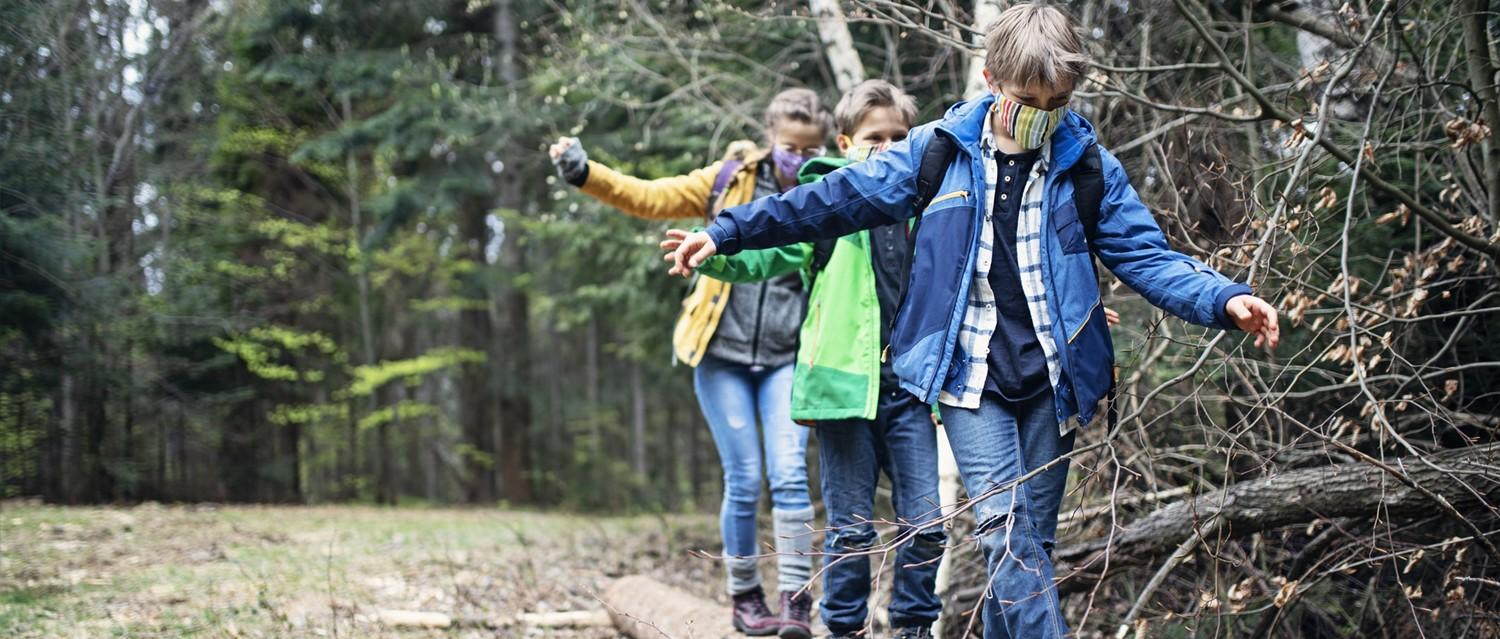
COVID-19 coronavirus: what is social distancing?
Peer reviewed by Dr Sarah Jarvis MBE, FRCGPLast updated by Allie AndersonLast updated 23 Mar 2020
Meets Patient’s editorial guidelines
- DownloadDownload
- Share
- Language
- Discussion
As the global coronavirus pandemic takes hold, the UK government has taken more stringent measures to keep the most vulnerable people in society safe and protected. Now that leaving the house is restricted to few, very specific reasons, you should maintain social distancing if you do come into contact with other people.
In this article:
Use Patient's coronavirus checker tool if you have any symptoms of fever or a new cough. Until you have used the tool and been advised what action to take, please stay at home and avoid contact with other people.
Continue reading below
Is social distancing a new idea?
No; it's a concept that's been around for a long time, and is aimed at stopping or slowing down the spread of a contagious disease within a population.
It involves people reducing the amount of close contact they have with each other in order to curtail the infection. We know that COVID-19 is a highly contagious virus which is spread through droplets in the air that are released when a person coughs or sneezes. So, maintaining a certain distance from other people while you're in public - far enough to stop you breathing in the droplets another person coughs or sneezes into the air - reduces your chances of catching the virus.
What does social distancing involve?
Back to contentsThings are changing all the time as the nation's scientific advisers understand more about coronavirus.
Under new legislation announced by the UK Government, no one should leave their home for any reason other than the following:
Shopping for necessities like food and medicine as infrequently as possible.
One form of exercise a day either alone or with people you live with only. This might include running, walking or cycling. You should not drive to get to the place you are planning to exercise.
Medical needs of any kind
To provide essential care to a vulnerable person.
Travelling to and from work as long as you work for an essential service.
Travelling to and from work for a non-essential service only if this work absolutely cannot be done at home and it is possible to maintain social distancing at all times.
Fulfilling legal obligations.
Accessing critical public services.
To escape injury, illness or risk of harm.
Everybody - regardless of age or health status - is advised to take steps to reduce social interaction to help reduce the transmission of the virus. 1.5 million people identified as being extremely vulnerable to COVID-19 have been asked to stay at home completely and self-isolate for twelve weeks to protect themselves.
Social distancing isn't just staying at home as much as possible. It's also about taking measures to physically distance yourself from other people if you do have to go outside. You should aim to stay two metres - roughly the average adult's arm span - away from other people. If you believe you have coronavirus and are self-isolating with other people in your household, you should also try to maintain this distance with them to avoid exposing them to the virus.
You should aim to maintain this distance wherever possible. For example, this includes:
In queues at supermarkets.
If you bump into a friend whilst on a walk.
On public transport.
With cashiers in shops.
Do I have to stop going out?
Currently, the majority of the population must stay inside as much as possible and only leave for essential reasons. However, two groups of people should self-isolate and not leave their homes for any reason. These include:
People with symptoms of fever or a new, continuous cough and everyone else in their household. If you have these symptoms of coronavirus, you must self-isolate and not leave your home for seven days from when the symptoms started, and those you live with must isolate for at least fourteen days.
People identified as at very high risk of complications. These are generally people with serious underlying health conditions. All of the around 1.5 million people in this category will be getting or have received a letter or text advising them to self-isolate for twelve weeks. This is called "shielding".
If you are social distancing rather than self-isolating then you can still go out for essential reasons like food shopping, exercise and medical care, as long as you follow the advice listed above and keep up to date with any changes to it.
Make sure you stay abreast of these developments, especially if you or a loved-one falls into one of the risk groups.
Continue reading below
If I have to go out, how can I do it safely?
Back to contentsIf everyone continues to follow the official guidance as it's updated, the virus won't spread as quickly as it would if we all carried on with our normal lives without making any changes. That way, we can all help to limit the impact of coronavirus on the vulnerable people around us.
But, if and when you do go out - for example, for food shopping - you should do your best to keep a distance of at least two metres between yourself and other people. You should also make sure you continue to follow stringent hand-washing guidance, and be especially mindful to wash your hands with soap and warm water for at least 20 seconds when you get home.
It's also a good idea to keep your home clean, and to regularly either wipe down or disinfect surfaces and objects that are touched often - door handles, taps, light switches and phones, for example - to minimise the risk of infection.
I'm in a risk group. Can I go out?
Back to contentsBeing in a risk group means you're susceptible to being more unwell if you contract coronavirus. Remember that your individual circumstances and health status, as well as the risk category you fall under, bear an influence on your risk.
Everybody is advised to follow the social distancing measures recommended by officials. However, people who are in any of the risk groups are strongly advised to follow them and even to self-isolate if they feel it is necessary.
Social distancing if you're in an at-risk group
Things you can do safely include:
Going for a walk or walking the dog.
Outdoors exercise, like cycling or jogging, in areas that aren't busy.
Going for a drive.
Gardening.
Things you could do, although with caution, include:
Going to supermarkets and shops - see if your local grocery store has a specific time set aside for vulnerable customers only.
Going to your local pharmacy - many are implementing measures to maintain social distancing in their stores.
Visiting your GP if necessary - take note of the actions your practice is taking during the epidemic. You may not be able to see a GP or nurse face-to-face as practices are busy and many have turned to telephone or video appointments to prevent people carrying coronavirus coming into contact with other patients.
Remember to keep up to date with the latest advice, as the situation is changing every day.
Continue reading below
Help from NHS volunteers
Back to contentsMany people who have to stay home for their own protection can now access help from the 750,000 NHS volunteers who have signed up to help. The services NHS volunteers can offer include:
Collecting and delivering shopping and other essential supplies.
Delivering medicines from pharmacies.
Driving patients to appointments.
Bringing them home from hospital.
Making regular phone calls to check on people isolating at home.
Transporting medical supplies and equipment for the NHS.
People who are eligible for help include:
Anyone who has been advised to self-isolate and shield themselves.
Over-70s who have underlying health conditions such as heart disease, diabetes, COPD, liver or kidney problems, or nervous system conditions such as Parkinson’s disease or multiple sclerosis.
People who are self-isolating who GPs consider especially vulnerable.
If you think you may be eligible, please contact your GP practice (or social care provider if you have one). They can refer you to this service.
This article was updated on 27th March following changes to government guidance.
Patient picks for Pandemic articles

COVID-19
Lockdown easing: what is the plan and is it realistic?
After a whole year in and out of lockdown and our lives turned upside down, it's a relief to many to hear the government announce its plans to ease COVID-19 restrictions over the next few months. But are they realistic?
by Milly Evans

COVID-19
What are the school COVID rules October 2023?
As we enter the winter months, your child may be showing symptoms that make you wonder whether they can go to school. We explain the UK government's latest guidance on school COVID rules October 2023.
by Amberley Davis
Continue reading below
Article history
The information on this page is peer reviewed by qualified clinicians.
23 Mar 2020 | Latest version

Ask, share, connect.
Browse discussions, ask questions, and share experiences across hundreds of health topics.

Feeling unwell?
Assess your symptoms online for free
Sign up to the Patient newsletter
Your weekly dose of clear, trustworthy health advice - written to help you feel informed, confident and in control.
By subscribing you accept our Privacy Policy. You can unsubscribe at any time. We never sell your data.